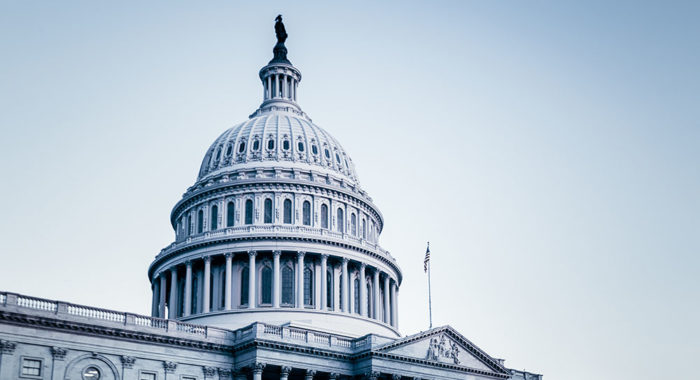The Department of Health and Human Services issued final rules on contraceptive coverage in the Affordable Care Act at the end of June. The National Association of Evangelicals (NAE) has closely followed the policy’s development and advocated for strong religious freedom protections for those who object on religious grounds to include contraception in their company health plans.
“The final rule still leaves many religious employers unprotected,” said Leith Anderson, NAE President. “The government should not compel any of its citizens to violate their consciences.”
While most evangelicals do not oppose the use of contraception, there are concerns that some of the drugs required to be covered by health insurance policies are abortifacients. Many also believe that the limited definition of “religious employer” in the rule sets a dangerous precedent.
The final rule exempts churches from the mandate. Religious non-profits that object to the mandate may offer insurance policies that do not include contraceptive services. But the insurance companies or third party administrators are required to provide the beneficiaries of those policies free contraceptive services. Religious organizations that are structured on a for-profit basis do not even receive this accommodation.
“With the administration digging in its heels and Congress unlikely to act, it is up to the courts to restore the constitutional protection guaranteed to all Americans under the First Amendment,” Anderson said. “We are encouraged that many of the lawsuits filed on behalf of religious employers are receiving a favorable hearing.”
The NAE has joined friend-of-the-court briefs in several related cases, including Wheaton College and Belmont Abbey College v. Kathleen Sebelius, Stormans v. Selecky, O’brien v. U.S. Department of Health and Human Services and Gilardi v. U.S. Department of Health and Human Services.



 View All Updates
View All Updates 























